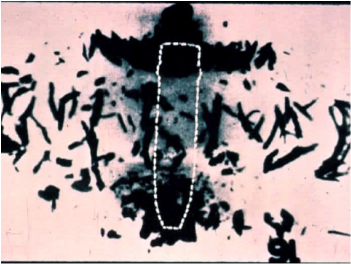|
Objectives - At the end of this session the participant
will be able to:
Describe the common wounds and wounding mechanisms
likely to be incurred during combat
List the critical factors in preventing wound infection
Objectives - At the end of this session the participant
will be able to: (cont.)
Describe how the combat environment impacts on wound
care
Define an approach to wound care that takes into
consideration limited resources and the austere combat/field
environment
|
Non-Operative Field Wound Care
MS PowerPoint
91 Slides
4.2 MB ppt file
Free Download Now |
|
 Four Main Teaching Points
The wound you can see on the outside may be the
least severe regardless of how bad it looks. Make sure the patient
is evaluated and resuscitated (control all controllable bleeding)
before doing wound care.
Irrigation and lots of it!
Debridement ("unbridle" the wound)
NO Primary Closure*
Dulce bellum inexpertis
(War is delightful to those who have no
experience of it)
Erasmus
War Wound Distribution
No study is possible on the battlefield, one does
simply what one can in order to apply what one knows. Therefore, in
order to do even a little, one already has to know a great deal and
know it well
Marshall Ferdinand Foch
Two Broad Mechanisms of Combat Wounds
Penetrating/perforating wounds
Low velocity
Mostly fragments
Rarely pistol bullet wounds or "spent" bullets
High velocity
Mostly bullets from assault rifles
Some fragments
Mechanisms of Combat Injury
Explosions/Blast
Penetrating fragment wounds
Primary, secondary, tertiary blast injury
Primary direct tissue injury from blast wave
Secondary from flying objects, ie. glass fragments
Tertiary from translational injury, ie. victim being thrown against
a wall
Burns
Mechanisms of Combat Injury
Bullets
High velocity – all assault rifles (>2000 feet/sec)
Low velocity – all military pistols (<1500 feet/sec)
Continue
to the PowerPoint Lecture...
Col. Cliff Cloonan USA MC
|

